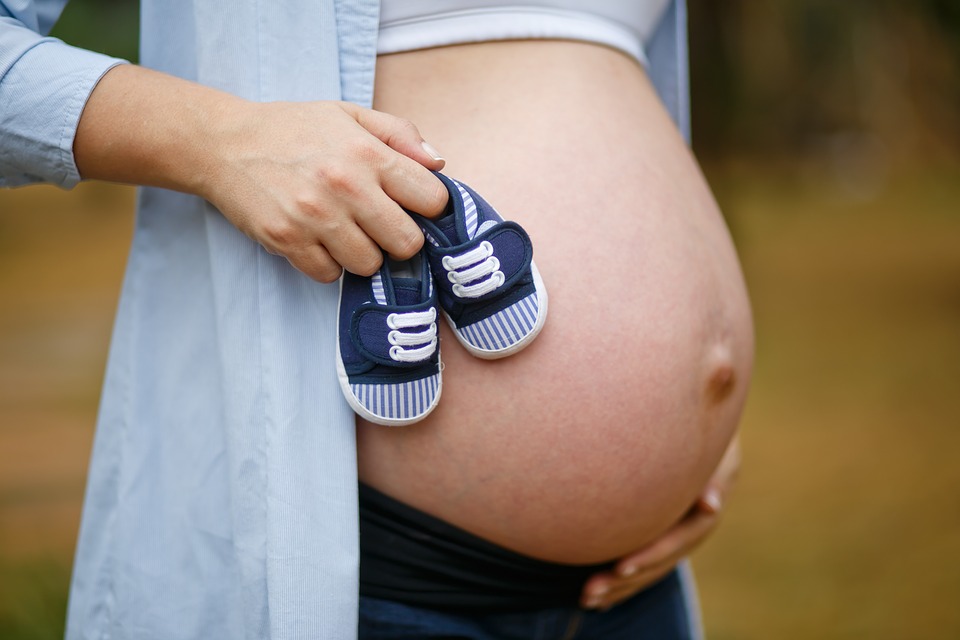
Caffeine: Coffee and tea should be used in moderation. According to the Harvard study, drinking multiple cups of coffee or tea per day did not influence ovulation issues, although dehydration might cause it. Angela Chaudhari, M.D., a gynecologic surgeon and assistant professor in the Department of Obstetrics and Gynecology at Northwestern University Feinberg School of Medicine in Chicago, says, “Our morning cup of coffee is the worst thing we can do from a dehydration aspect.” Caffeine is a diuretic, which means it might dry up your mucus membranes, changing the consistency of your cervical fluid. Limit your daily caffeine intake to around 200 mg from coffee, energy drinks, and teas. You might wish to increase your consumption of decaf teas. Herbal tea has been demonstrated in certain research to be a helpful fertility diet for becoming pregnant.
Alcohol: Because regular alcohol use can cause dehydration, some doctors advise minimising it in your fertility diet. Limit your alcohol consumption to two to three glasses spread out throughout the week.
Sugary beverages and artificial sweeteners
Reduce your sugar intake and go for less-processed sweeteners. Full quantities of sugar can throw your blood sugar out of whack, causing insulin problems and disrupting your hormonal balance. For your fertility diet plan, avoid candy and pastries and sneakier sugar bombs like fruit juice, energy drinks, and sweet teas. Ovulatory infertility has been linked to sugared beverages in particular. That doesn’t imply you should replace them with artificially sweetened goods. “Artificial sweeteners stress your system; they cause a cortisol reaction, preventing ovulation,” Vitti explains. Choose less-processed sweeteners with lower glycemic loading, such as agave syrup, honey, maple syrup, and stevia, a natural zero-calorie sweetener, if you want sugar (and who can blame you?).
Soy
Processed soy, particularly powders and energy bars, should be avoided. Soy is one of the foods to avoid while trying to conceive since it has a detrimental impact on fertility. According to some experts, significant amounts of soy protein isolate in these products have estrogen-mimicking qualities, which might upset your hormonal balance. “You receive a massive amount of phytoestrogens that you would never be able to take in one dish otherwise,” Vitti explains. “Men should avoid them since they may affect testosterone levels.” Whole soy food like edamame and tempeh and fermented soy products like miso paste or natto is good in moderation. “When we eat soy in its most natural form, like in other cultures like Japan and China,” Krieger explains, “it’s incredibly nutritious for the body.”
